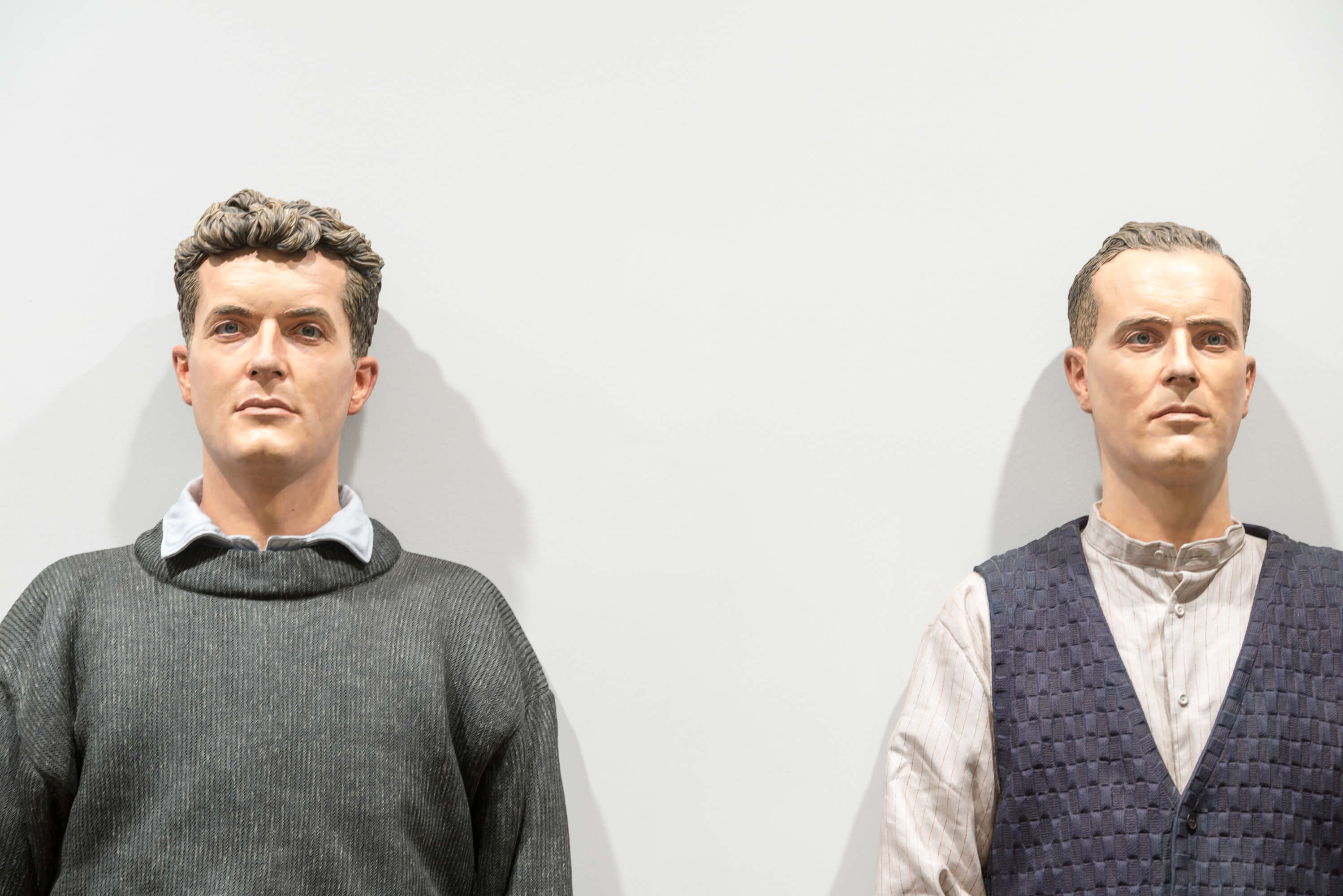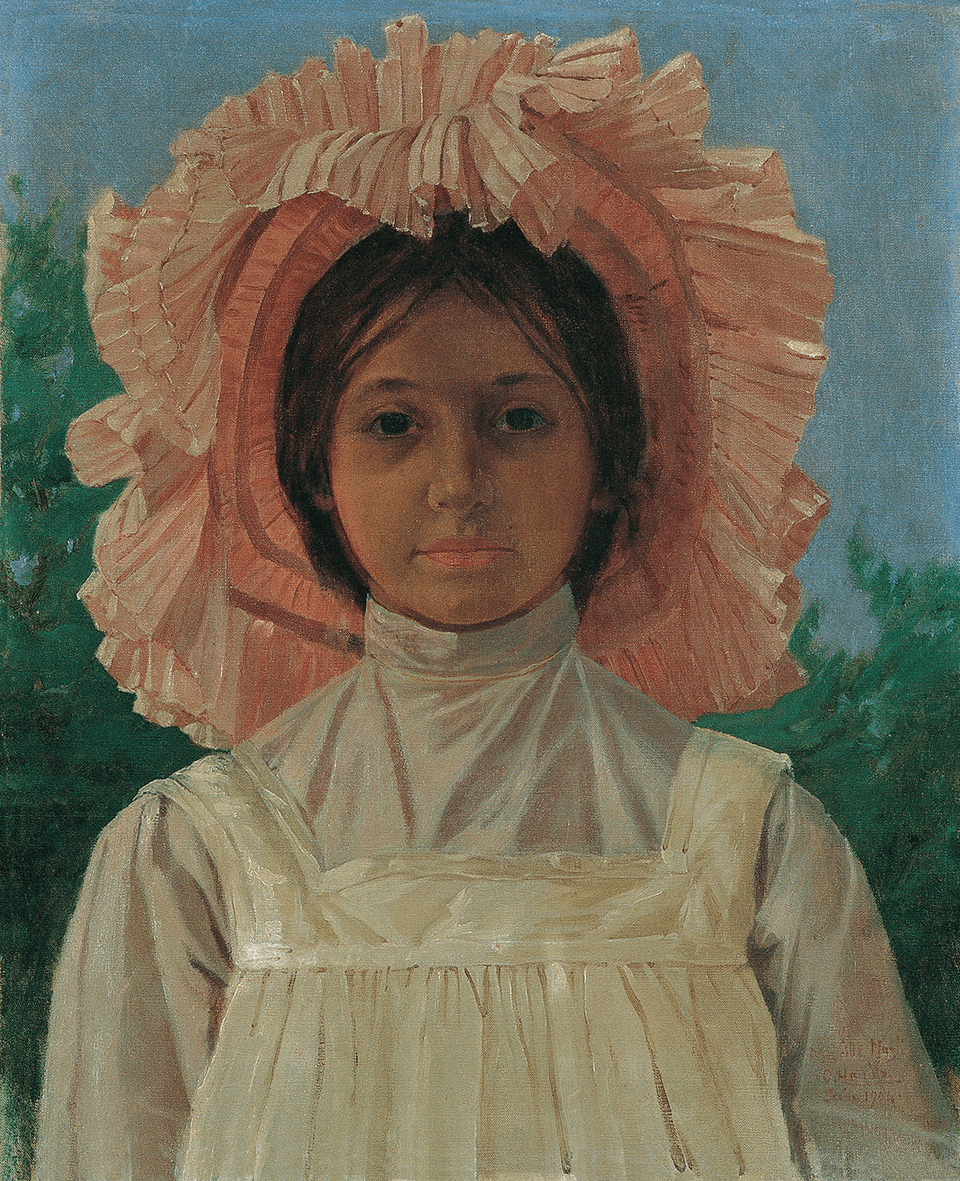On the 40th anniversary of Pier Paolo Pasolini’s (1922-1975) death, Pera Film in collaboration with the Italian Ministry of Foreign Affairs and the Italian Institute of Culture in Istanbul is organizing a film program commemorating him and his work. Pasolini, a filmmaker, a poet, a novelist, a playwright, a painter, a critic and intellectual, was not only one of Italy’s most prominent figures for much of his life, he remains that, but, more importantly, he is a figure who belongs to the world.
Pier Paolo Pasolini’s ability to simultaneously embrace conflicting philosophies—he was both a Catholic and a Marxist; modern-minded, openly gay; who looked to the distant past for inspiration and comfort. What he is best known for is undoubtedly his subversive body of film work. He was a student of the written word, and among his earliest movie jobs was writing additional dialogue for Federico Fellini’s Nights of Cabiria (1957). Soon he was directing his first film, Accattone (1961), a tale of street crime whose style and content greatly influenced the debut feature of his friend Bernardo Bertolucci, La commare secca (1962), for which Pasolini also supplied the original story. The outspoken and always political Pasolini’s films became increasingly scandalous—even, to some minds, blasphemous—from the gritty reimagining of the Christ story The Gospel According to St. Matthew (1964) to the bawdy medieval tales in his Trilogy of Life (1971–1974). Tragically, Pasolini was found brutally murdered weeks before the release of his final work, the grotesque, Marquis de Sade–derived Salò, or the 120 Days of Sodom (1975) provides a violent essay on Italy's Nazi-fascist past and still is one of the world’s most controversial films. Writer Ed Vulliamy, in his Guardian article meticulously remarks: “Pasolini had died, so history insists, as though in a scene from one of his films. ‘It is only at the point of death,’ Pasolini had said in 1967, ‘that our life, to that point ambiguous, undecipherable, suspended – acquires a meaning.’’’
This program’s screenings are free of admissions. Drop in, no reservations.

In collaboration
November 4
19:00 Accattone
November 6
19:00 Love Meetings
Love and Anger: The Sequence of the Paper Flower
21:00 The Grim Reaper
November 7
14:00 Oedipus Rex
16:00 The Hawks and the Sparrows
November 8
14:00 Mamma Roma
November 11
19:00 Accattone
November 12
19:00 The Gospel According to St. Matthew
November 13
17:00 Prophecy: Pasolini's Africa
19:00 Notes Towards an African Orestes
21:00 Oedipus Rex
November 14
14:00 The Rage of Pasolini
16:00 The Gospel According to St. Matthew
November 15
14:00 The Grim Reaper
17:00 Notes Towards an African Orestes
November 18
19:00 The Hawks and the Sparrows
November 21
12:00 Love Meetings
Love and Anger: The Sequence of the Paper Flower
14:00 The Rage of Pasolini
16:00 Prophecy: Pasolini's Africa
November 22
14:00 Mamma Roma
November 4
19:00 Accattone
November 6
19:00 Love Meetings
Love and Anger: The Sequence of the Paper Flower
21:00 The Grim Reaper
November 7
14:00 Oedipus Rex
16:00 The Hawks and the Sparrows
November 8
14:00 Mamma Roma
November 11
19:00 Accattone
November 12
19:00 The Gospel According to St. Matthew
November 13
17:00 Prophecy: Pasolini's Africa
19:00 Notes Towards an African Orestes
21:00 Oedipus Rex
November 14
14:00 The Rage of Pasolini
16:00 The Gospel According to St. Matthew
November 15
14:00 The Grim Reaper
17:00 Notes Towards an African Orestes
November 18
19:00 The Hawks and the Sparrows
November 21
12:00 Love Meetings
Love and Anger: The Sequence of the Paper Flower
14:00 The Rage of Pasolini
16:00 Prophecy: Pasolini's Africa
November 22
14:00 Mamma Roma
Program Trailer

The exhibition Look at Me! Portraits and Other Fictions from the ”la Caixa” Contemporary Art Collection examines portraiture, one of the oldest artistic genres, through a significant number of works of our times. Through the exhibition we will be sharing about the artists and sections in “Look At Me!”.

The Suna and İnan Kıraç Foundation’s Orientalist Painting Collection includes two children’s portraits that are often featured in exhibitions on the second floor of the Pera Museum. These portraits both date back to the early 20th century, and were made four years apart. One depicts Prince Abdürrahim Efendi, son of Sultan Abdulhamid II, while the figure portrayed on the other is Nazlı, the daughter of Osman Hamdi Bey.
Tuesday - Saturday 10:00 - 19:00
Friday 10:00 - 22:00
Sunday 12:00 - 18:00
The museum is closed on Mondays.
On Wednesdays, the students can
visit the museum free of admission.
Full ticket: 300 TL
Discounted: 150 TL
Groups: 200 TL (minimum 10 people)